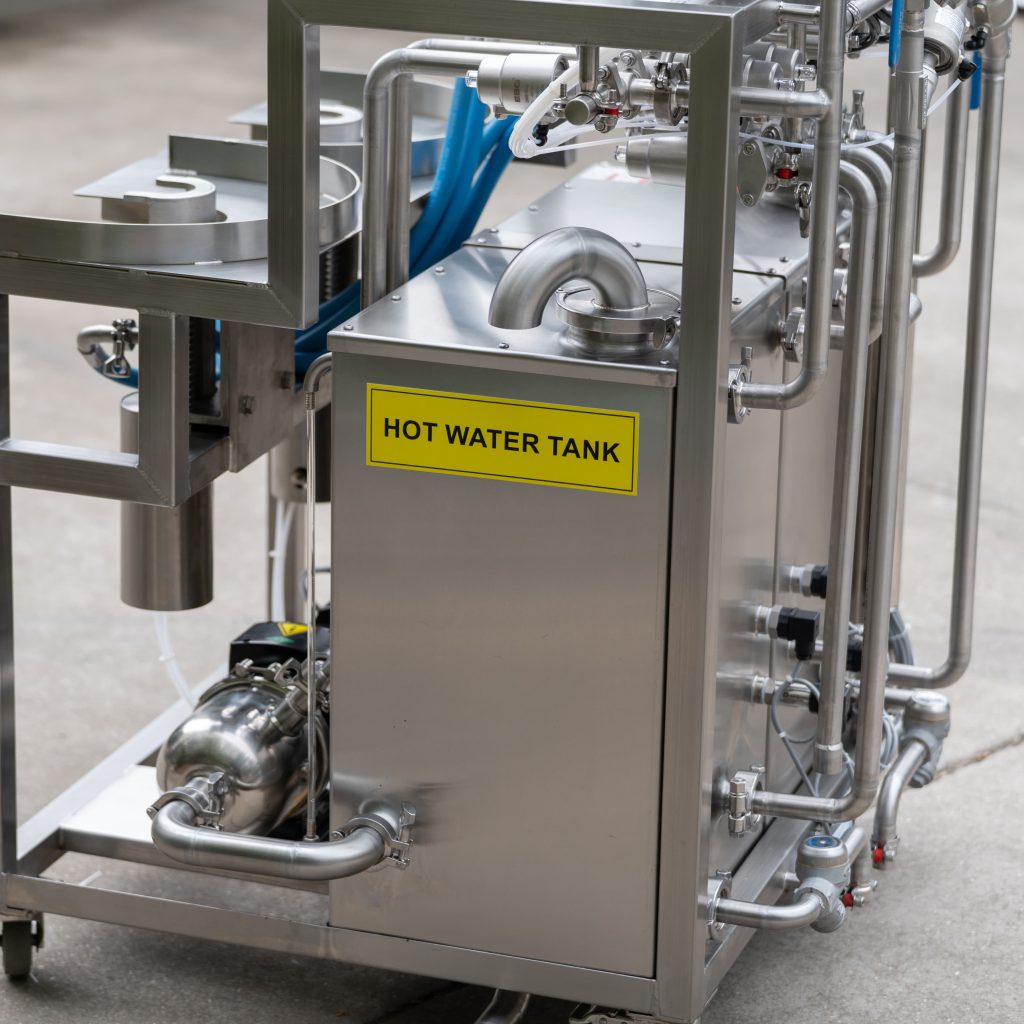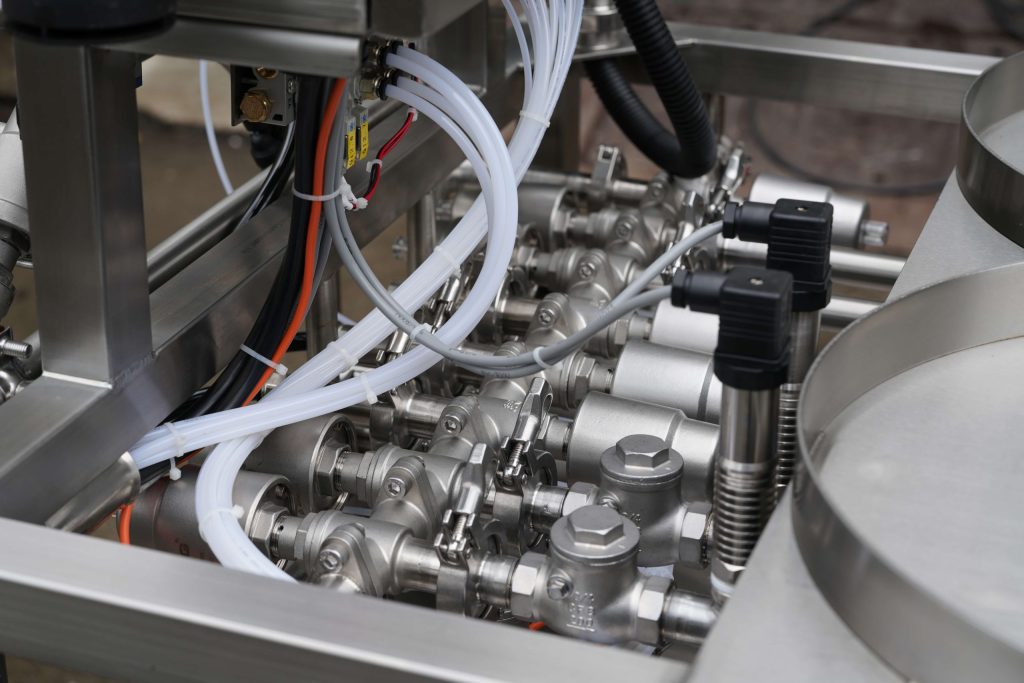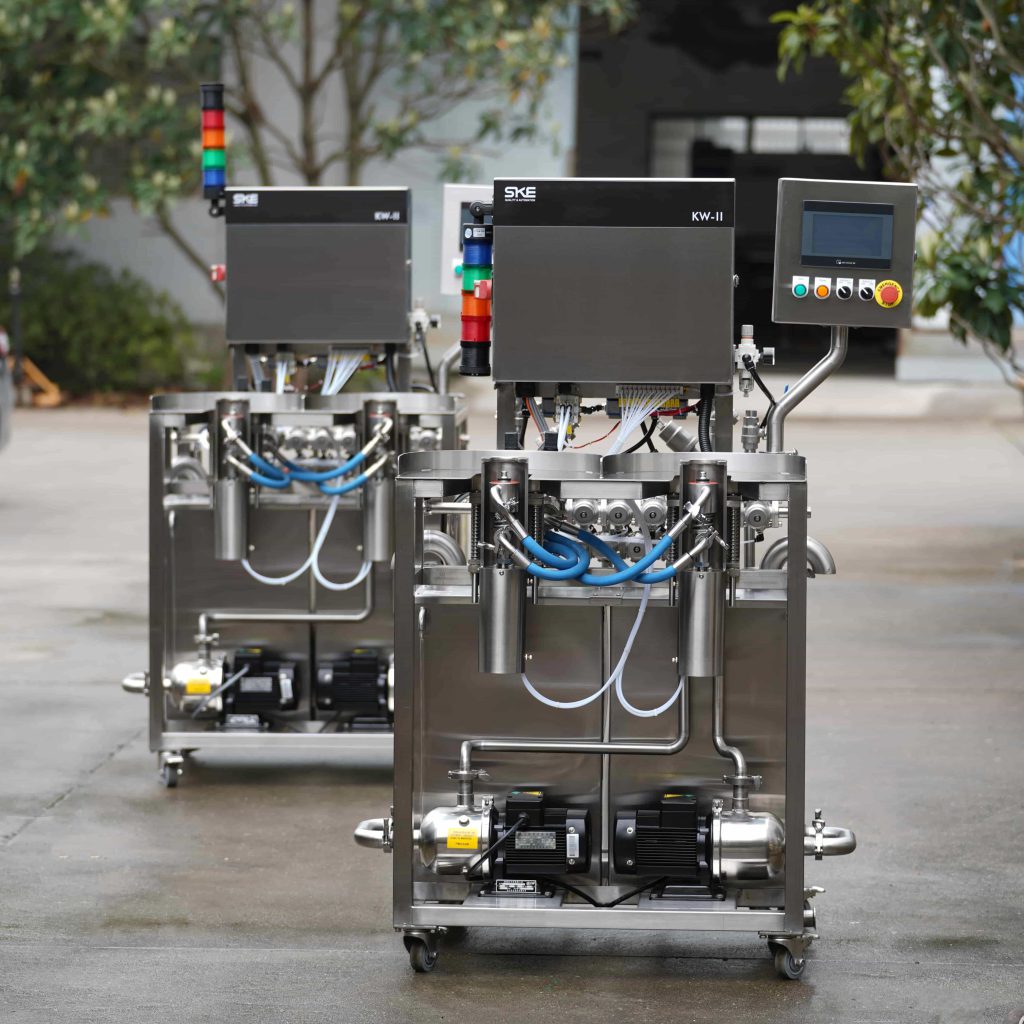introduzione

Kegs are the unsung heroes of the brewing industry, silently transporting your precious brews from the brewery to the taproom or market. To ensure the optimal quality of your beer and the longevity of your kegs, a robust keg cleaning process is paramount.
In this comprehensive guide, we will delve into the critical role of keg cleaning equipments, explore the diverse range of available options, and provide expert advice on selecting the ideal equipment for your specific brewery needs. We will also discuss the numerous benefits of investing in premium keg cleaning equipments and address frequently asked questions.
The Imperative of Keg Cleaning
A thorough keg cleaning process is essential for several reasons:
- Maintaining Beer Quality: A pristine keg free from residual beer, yeast, or other contaminants guarantees the optimal taste and flavor of your subsequent brews.
- Preventing Contamination: Regular cleaning inhibits the growth of harmful bacteria and microorganisms that can compromise beer quality and pose health risks.
- Prolungamento della durata di vita del fusto: Proper cleaning and maintenance significantly extend the lifespan of your kegs, resulting in substantial cost savings over time.
- Adhering to Regulatory Standards: Many regulatory bodies impose stringent guidelines for keg cleaning to ensure food safety and quality.
A Comprehensive Overview of Keg Cleaning Equipments
The market offers a variety of keg cleaning equipments, each with its unique advantages and disadvantages. The most common types include:
- Manual Keg Washers: These basic machines require manual labor for disassembling, cleaning, and reassembling kegs.
- Semi-Automatic Keg Washers: These machines automate certain cleaning steps, such as filling and draining the keg, but still necessitate manual intervention.
- Fully Automatic Keg Washers: These advanced machines handle the entire cleaning process, from pre-rinsing to final sanitization, with minimal human input.
Key Considerations for Selecting Keg Cleaning Equipments
When selecting keg cleaning equipments, consider the following crucial factors:
- Keg Volume: The size of your kegs directly impacts the required capacity of your cleaning equipment.
- Throughput: The number of kegs you need to clean per hour determines the necessary speed and efficiency of the equipment.
- Cleaning Agents: The types of cleaning agents you employ influence the equipment’s materials and design.
- Bilancio: The cost of keg cleaning equipments varies significantly, so establishing a budget is essential before making a purchase.
The Advantages of Investing in Premium Keg Cleaning Equipments
Investing in premium keg cleaning equipments offers a multitude of benefits, including:
- Enhanced Efficiency: Automated systems dramatically reduce the time and labor required for keg cleaning.
- Improved Consistency: Consistent cleaning processes lead to more reliable and repeatable results.
- Riduzione del consumo di acqua e prodotti chimici: Efficient equipment minimizes water and chemical usage.
- Extended Equipment Lifespan: High-quality equipment is built to endure heavy use and last longer.
A Comparative Analysis of Keg Washing Systems
| Caratteristica | Manual Keg Washer | Semi-Automatic Keg Washer | Fully Automatic Keg Washer |
|---|---|---|---|
| Livello di automazione | Basso | medio | Alto |
| Labor Requirements | Alto | medio | Basso |
| Throughput Capacity | Basso | medio | Alto |
| Initial Cost | Basso | medio | Alto |
| Costo operativo | Basso | medio | Alto |
Implementing a Robust Pulizia del barile Program

To maximize the effectiveness of your keg cleaning program, consider the following best practices:
- Develop a Comprehensive Standard Operating Procedure (SOP): A detailed SOP outlines the steps involved in the cleaning process, ensuring consistency and efficiency.
- Invest in Thorough Staff Training: Proper training empowers your employees to understand the importance of keg cleaning and follow the SOP accurately.
- Prioritize Water Quality: The quality of your water significantly impacts the effectiveness of your cleaning process. Consider using water softeners or filters to improve water quality.
- Conduct Regular Equipment Inspections: Regular inspections help identify potential issues with your keg cleaning equipments and prevent costly breakdowns.
Conclusione
By investing in premium keg cleaning equipments and implementing a comprehensive cleaning program, you can ensure that your beer consistently reaches its full potential. This not only enhances the quality of your product but also extends the lifespan of your kegs and reduces overall operating costs.
FAQ
What are the different types of attrezzatura per la pulizia dei fusti?
Keg cleaning equipment can range from simple manual washers to fully automated systems. The most common types include manual, semi-automatic, and fully automatic keg washers.
How often should I clean my kegs?
The frequency of keg cleaning depends on various factors, such as usage, storage conditions, and local regulations. Generally, kegs should be cleaned and sanitized after each use to maintain optimal beer quality.
What cleaning agents should I use for my attrezzatura per la pulizia dei fusti?
The appropriate cleaning agents for keg cleaning equipment depend on the specific contaminants and the type of equipment. Common cleaning agents include alkaline detergents, acid cleaners, and sanitizers. It’s crucial to follow the manufacturer’s recommendations and local regulations.

